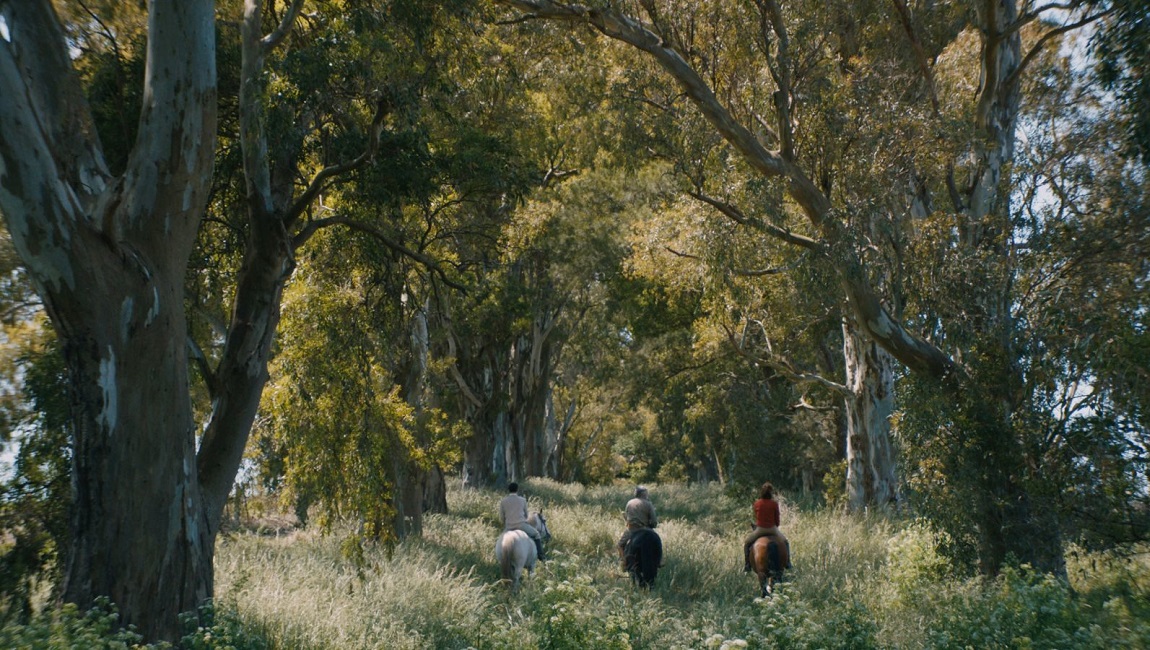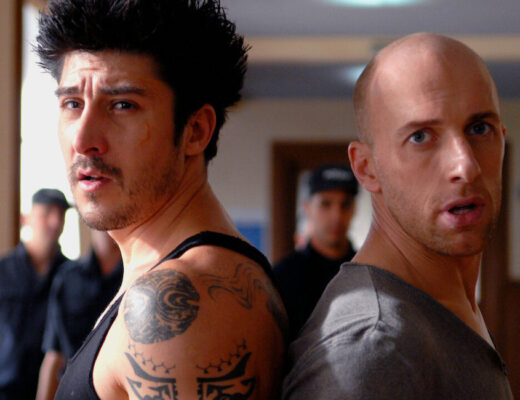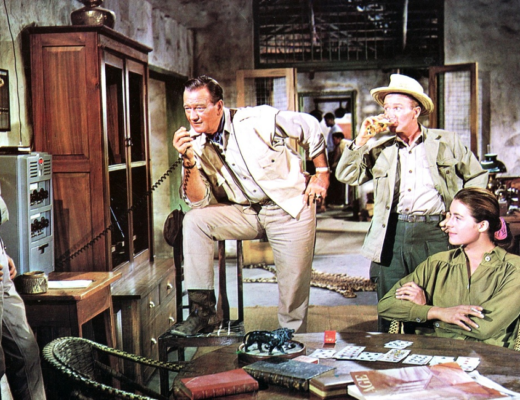Azor is a fascinatingly oblique quasi-thriller that grows in unsettling power across its runtime.
Andreas Fontana’s Azor is a fascinatingly oblique quasi-thriller, carefully organizing a deceptively placid narrative around two distinct structuring absences. It’s 1980, and a Swiss private banker named Yvan De Wiel (Fabrizio Rongione) has arrived in Argentina with his wife, Ines (Stéphanie Cléau). Yvan is meeting with nervous clients and trying desperately to retain their business after the disappearance of one of his partners, Rene Keys, who had been living in the country and is now suddenly nowhere to be found.
Yvan and Ines’ various summits with wealthy businessmen, politicians, lawyers, and old-money patriarchs constitute the bulk of the film’s narrative, with each encounter also gradually unveiling conflicting portraits of the absent Keys (who’s never seen in the film after a brief, pre-credits appearance, where he has no dialogue and appears to be laughing at something off-screen). Yvan insists that Keys is back home in Switzerland, although he can’t seem to get a hold of him, while various clients either extol Keys’ outgoing personality and keen mind or quietly suggest that he “went too far.” As such, each encounter takes on a kind of clandestine undercurrent — everyone speaks in a clipped shorthand, using banking terms and slang while bouncing back and forth between French, English, and Spanish. The world of international finance mirrors the tangled web of interpersonal relationships among the monied upper class. No one trusts anyone, and it’s impossible to know who is telling the truth. Coupled with a droning, synth-heavy score, which resembles Howard Shore’s early work with David Cronenberg, these gatherings have the inflection of a John le Carre espionage tale; everyone is constantly waiting for the other shoe to drop. While the specter of Keys hangs over the proceedings, vague, portentous warnings about the state of the country occasionally come into focus. It’s a clever gambit, with Fontana using Keys as a kind of misdirect, while the real danger slowly creeps in around the margins.
While never stated outright (even the year 1980 is only established late in the film, when Yvan consults a calendar), Azor clearly takes place during Argentina’s “Dirty War” period, which found the country under the rule of a military junta that maintained control by brutally suppressing dissent. The omnipresent threat of execution or being disappeared hangs over each of Yvan’s interactions, as he finds himself falling unwittingly deeper into the inner world of this dangerous ruling class. Rongione and Cléau are both very good in difficult roles, slightly adjusting and reconfiguring their personalities with each new client, the better to ingratiate themselves to these societal elites. Rongione in particular does a lot of acting with just a look, the occasional subtle hint of a smile or down-turned frown sometimes the only indication of his masked musings. Using mostly simple, static setups, with clean, precise compositions, Fontana clearly delineates how the banality of financial maneuvering can paper over where that money was acquired from, and how that simple evasion can lead ordinary people into extraordinary positions of moral failure. Eventually, the audience is able to suss out what has likely happened to Keys, but he continues to function as both an aspirational figure and cautionary tale to Yvan, a phantom presence hanging over everything. After losing an important client, Yvan finds himself suddenly amenable to taking on the one client that even Keys seems to have balked at. And so the film ends with Yvan traversing a river in the dead of night, in a clear Hearts of Darkness allusion, and finds at the end not Kurtz but a Faustian bargain with a paramilitary death squad. Yvan leaves with a wealthy new client, but loses his soul in the process, his now unambiguous smile a horrific window into an empty shell of a man. Call it the bureaucracy of evil.
Originally published as part of New Directors/New Films 2021 — Dispatch 2.







